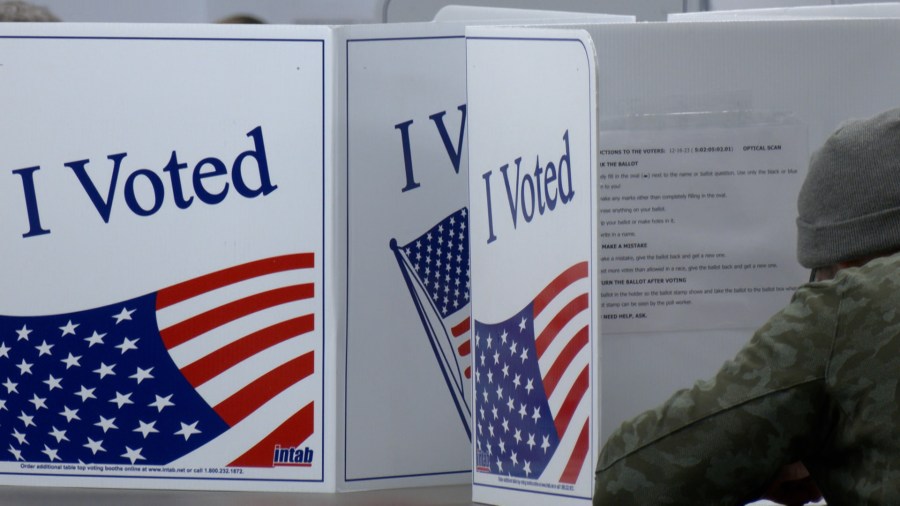SIOUX FALLS, S.D. (KELO) — Opponents of Referred Law 21 (SB201) said the overwhelming rejection by South Dakota voters is a clear message to state lawmakers.
“It clearly shows we are the majority,” Chase Jensen of Dakota Rural Action said in a Zoom news conference Wednesday. ” A coalition has been built across the state.”
The RL21 victory came with a roughly 60% to 40% margin. RL21 dealt with SB201, a law passed in the most recent legislative session. In short, supporters said SB201 protected landowners including with requirements for CO2 pipelines while opponents said SB201 protected private business and took away landowner rights.
“It’s been a grueling fight…,” long-time CO2 project opponent Ed Fischbach said during the news conference.
The coalition started roughly three years ago in opposition to proposed carbon dioxide pipeline projects in the state. Navigator and Summit Carbon Solutions both proposed burying CO2 pipelines to transported CO2 from ethanol plans for burial in other states. The PUC denied Navigator’s pipeline permit application. The company abandoned the proposed project. Summit was also rejected but it hasn’t left its project.
In response to the RL21, Summit said in a news statement that it will be applying for a permit on Nov. 19.
“Projects like ours have successfully navigated South Dakota’s existing regulatory landscape in the past,” the Summit statement said. “We will continue to operate within the current framework, knowing that the future of ethanol and agriculture is vital to our shared success.”
Fischbach said it may be time for Summit Carbon to realize its project won’t be successful in the state.
Newly elected state Sen. Joy Hohn vowed she’d be working in the Legislature on changing the state’s eminent domain laws. “We have new conservative leaders that will bring forth legislation…,” Hohn said.
Credit the opposition with its help in getting those new conservative leaders elected.
When lawmakers didn’t listen, or didn’t want to listen, to the CO2 opposition during the last legislative session, opponents responded. They found candidates who would and then voted out uncooperative lawmakers in the 2024 primary election, said Brian Jorde, a lawyer working with opponents.
Hohn said the state could model eminent domain after Minnesota which does not allow eminent domain to be used for CO2 pipelines.
Jensen said it must be clear that eminent domain can only be used on projects for public use.
Opponents said they were confident that changes in eminent domain laws would happen during the 2025 session.
Supporters of SB201 and of proposed CO2 projects said the CO2 pipelines are critical to the financial future of ethanol plants. CO2 transport will reduce the carbon footprint of ethanol plants and allow them to sell more fuel to carbon restrictive states such as California and Washington and also into Canada.
Opponents have said while there may be a benefit it shouldn’t come at the cost of landowners and the safety risk. And that ethanol plants have alternatives to reduce their carbon footprint.
“We won in every county that has an ethanol plant,” Fischbach said of the RL21 vote.
If Summit does plan to apply for a permit, the application needs to be different from what it has submitted before, Jorde said. Otherwise it’s an indication that the company doesn’t respect Tuesday’s RL21 vote, he said.
“Our focus continues to be on working with landowners and ensuring the long-term viability of ethanol and agriculture in the state,” Summit said in its news statement.


